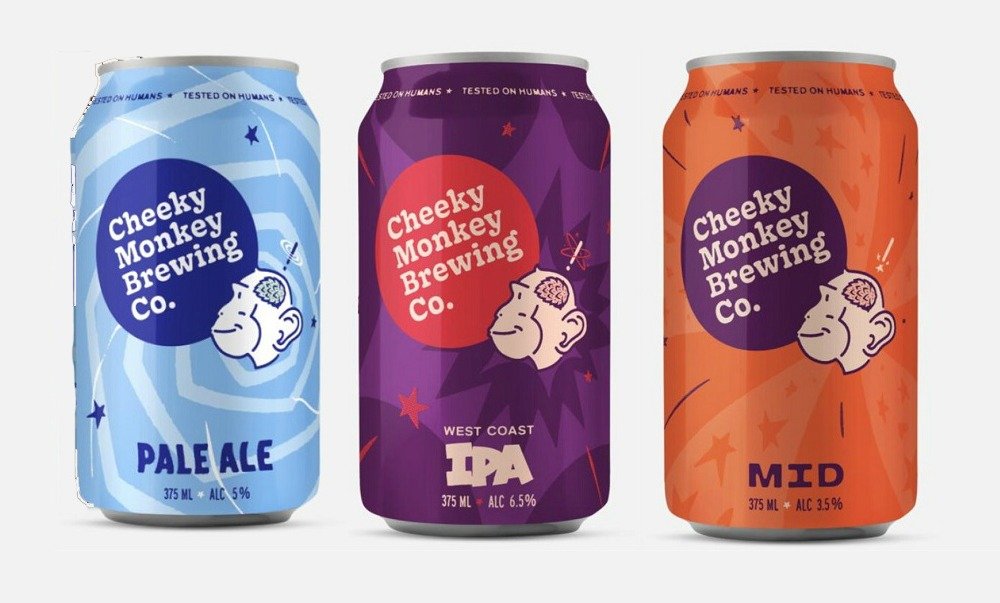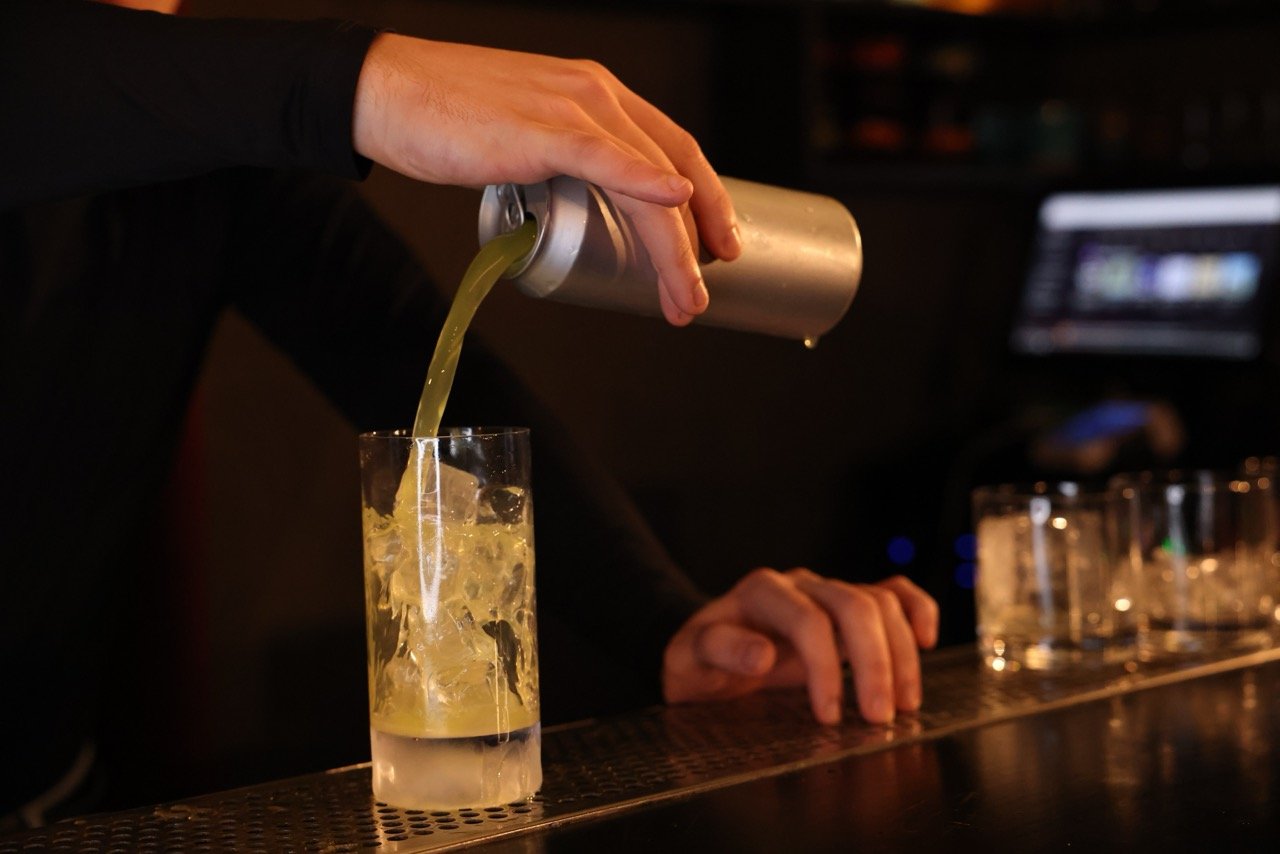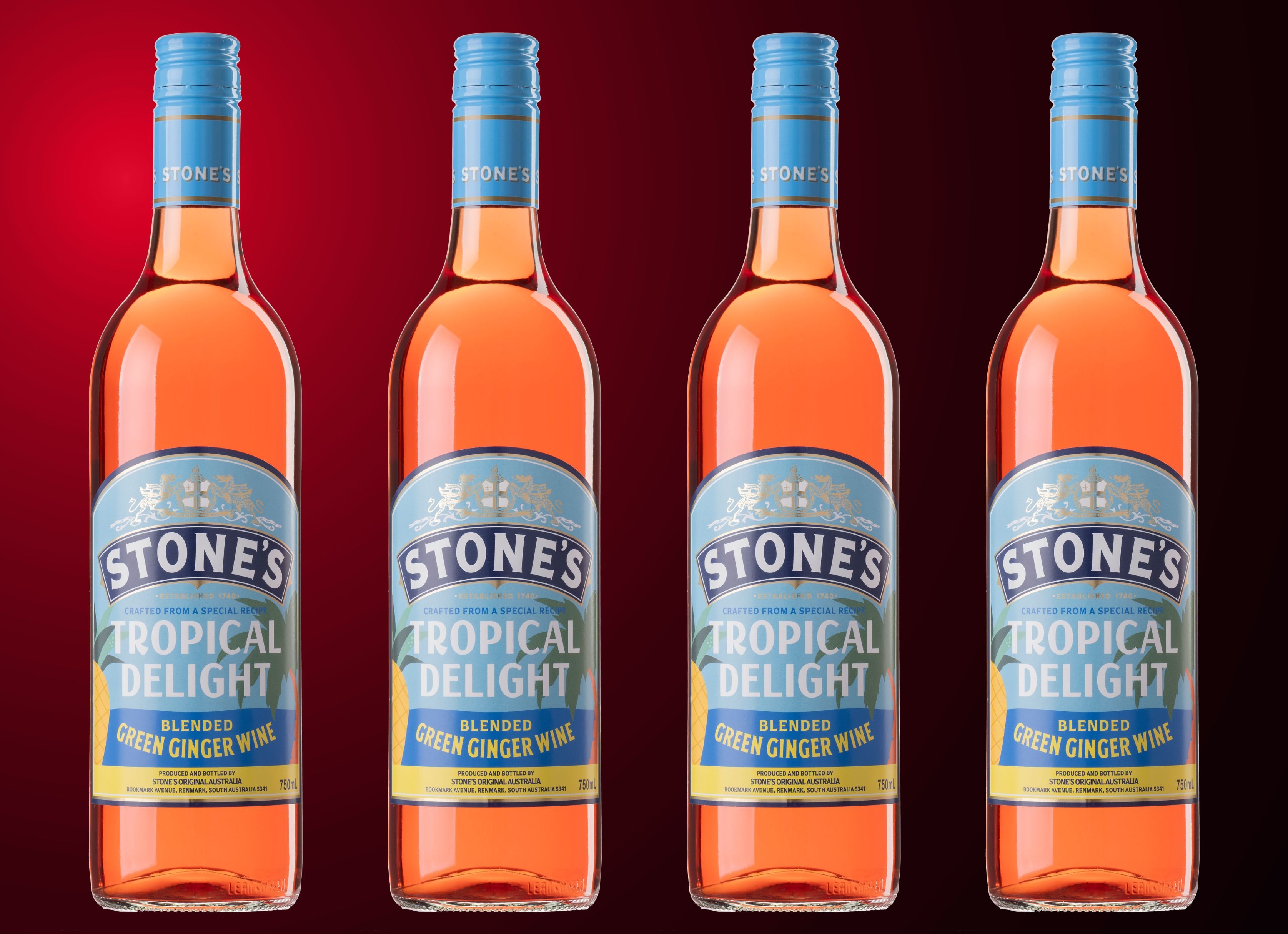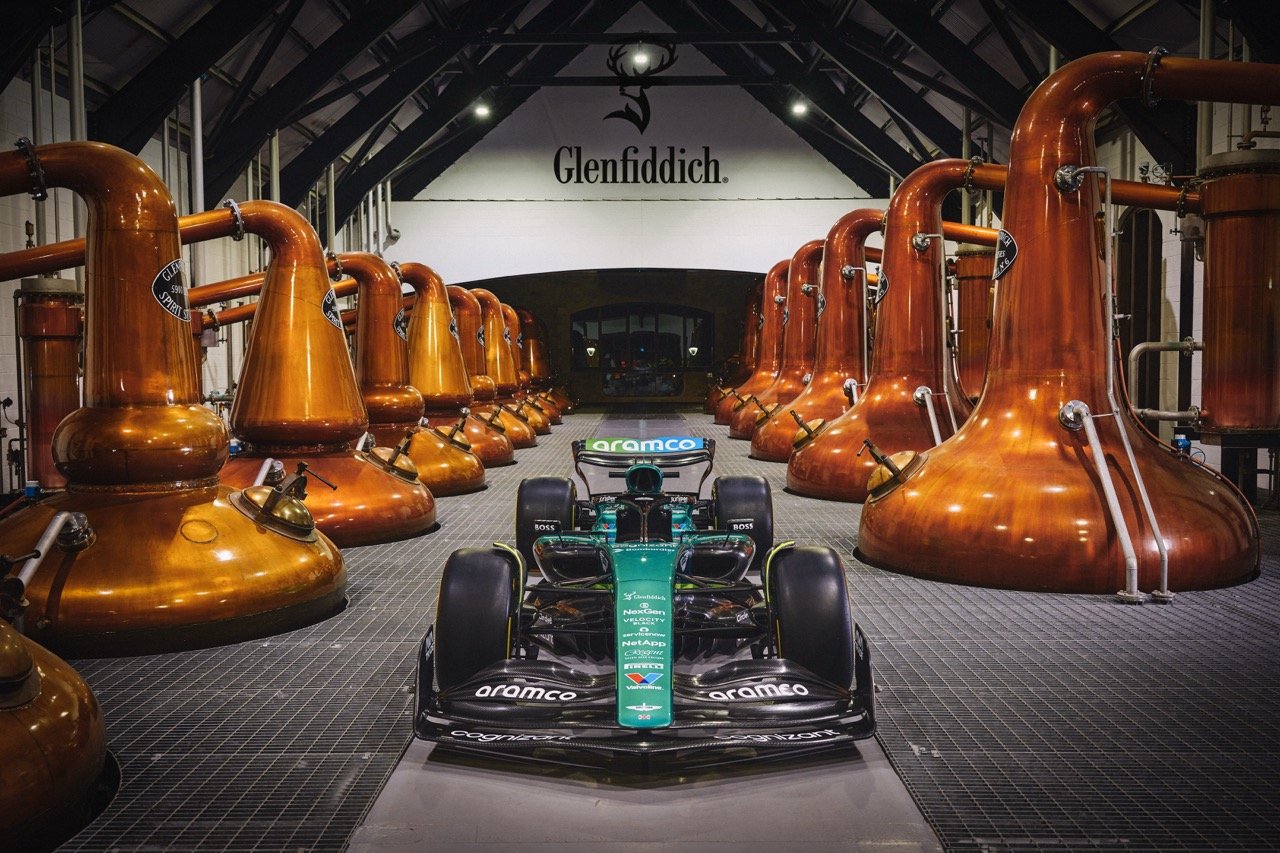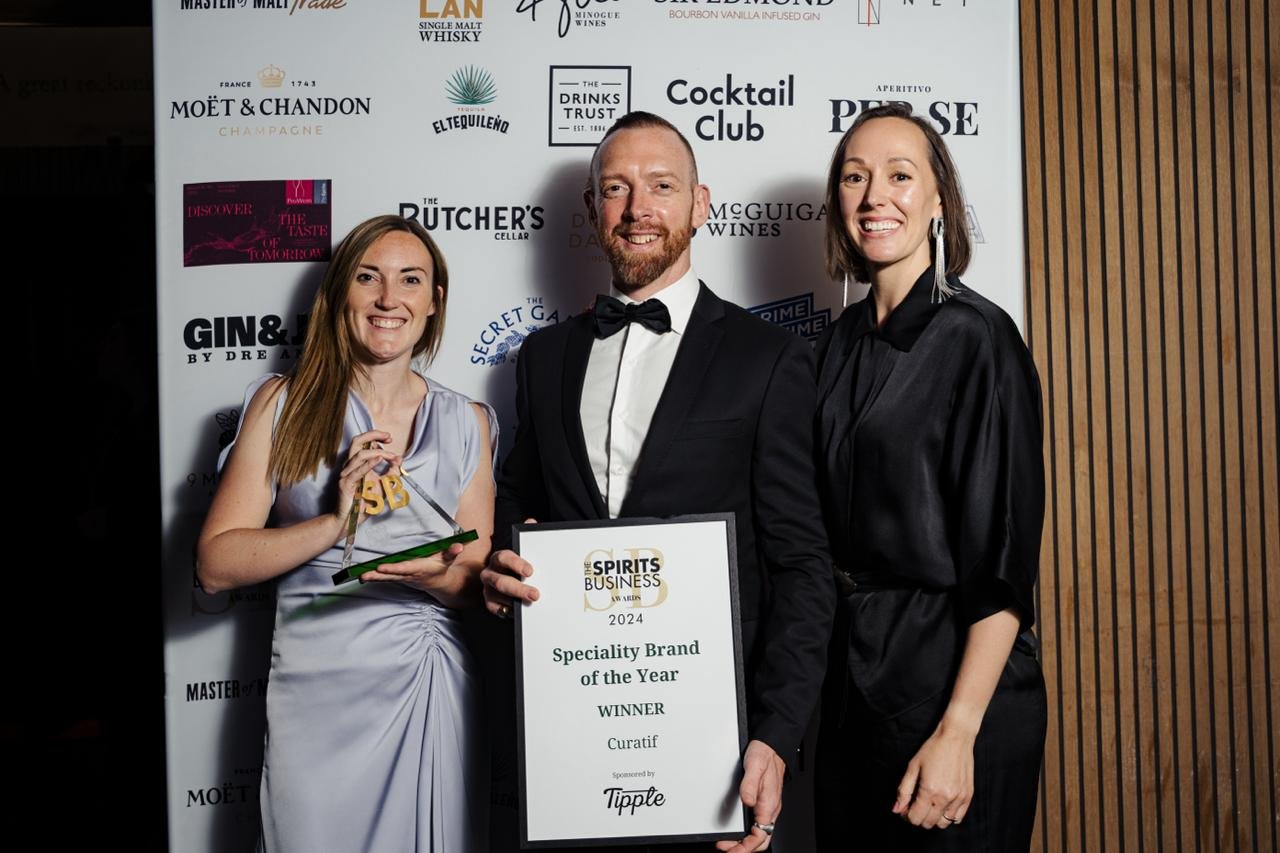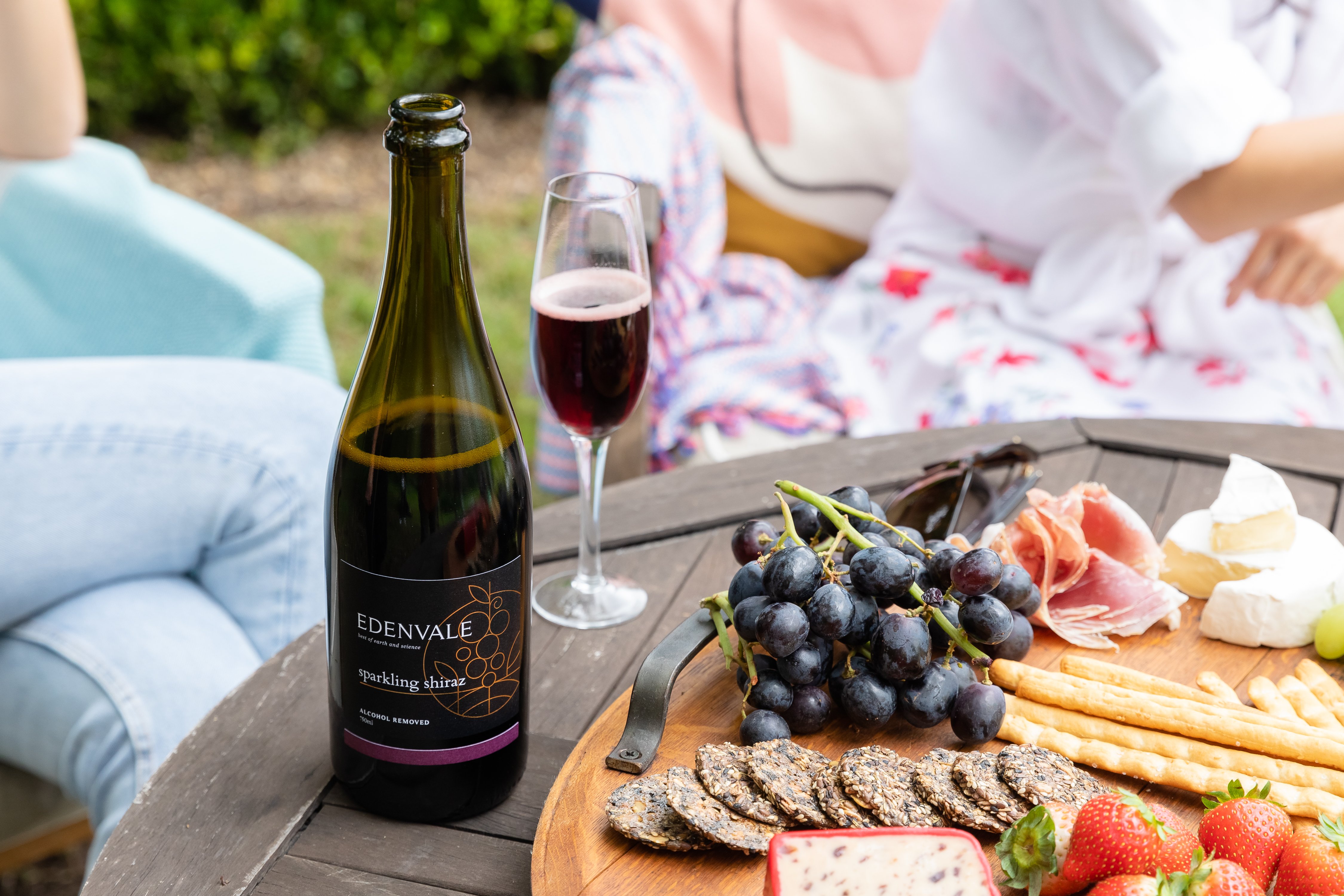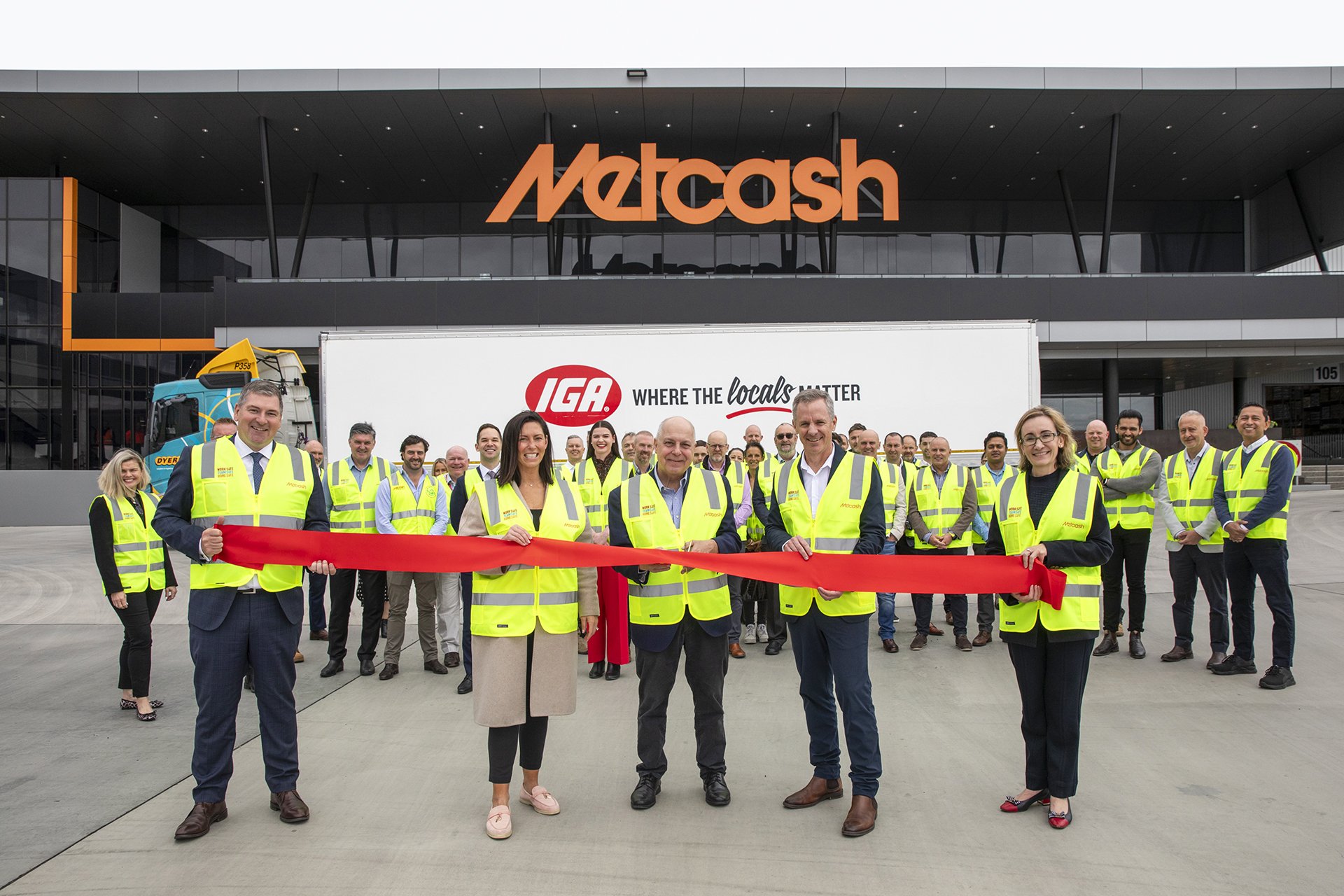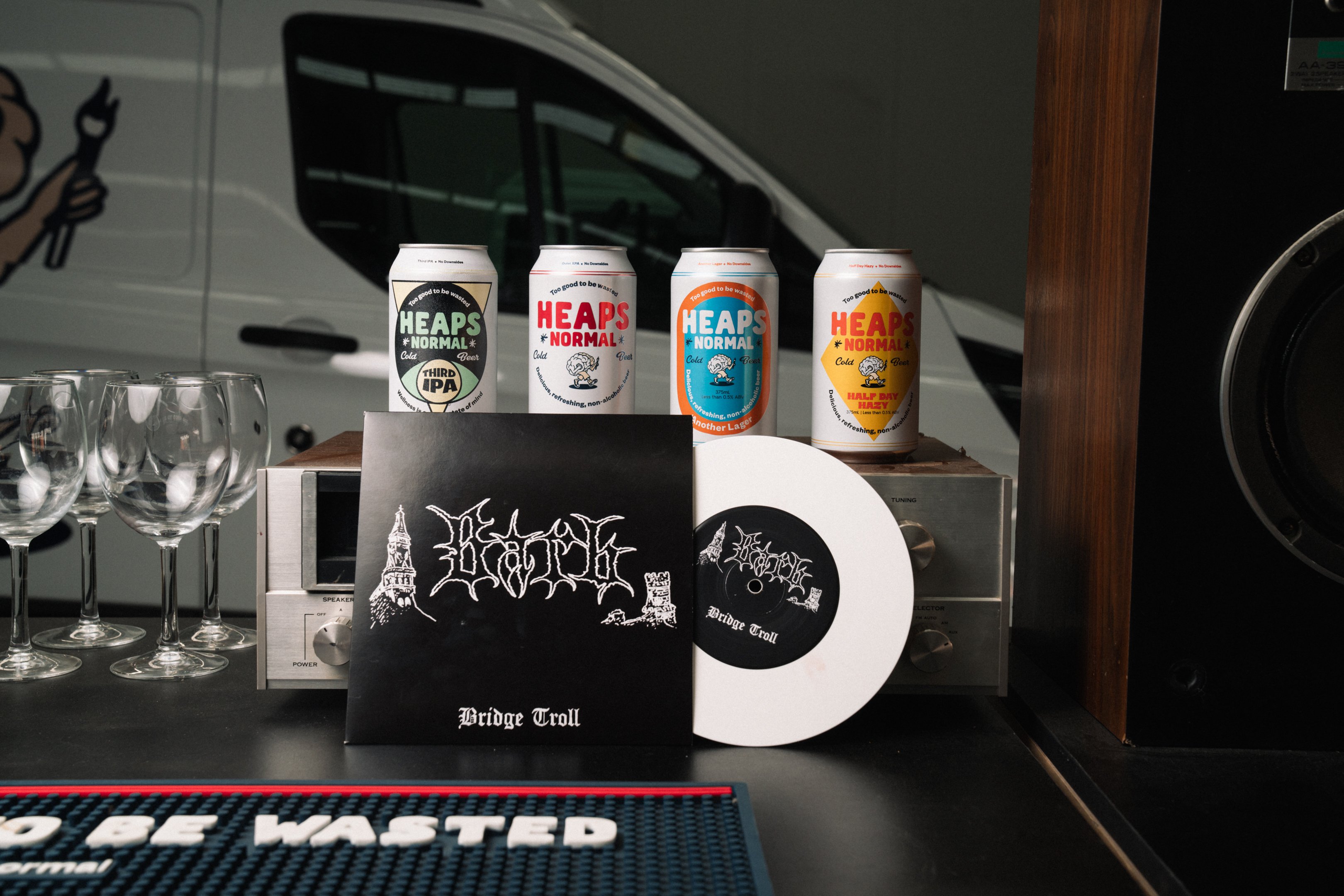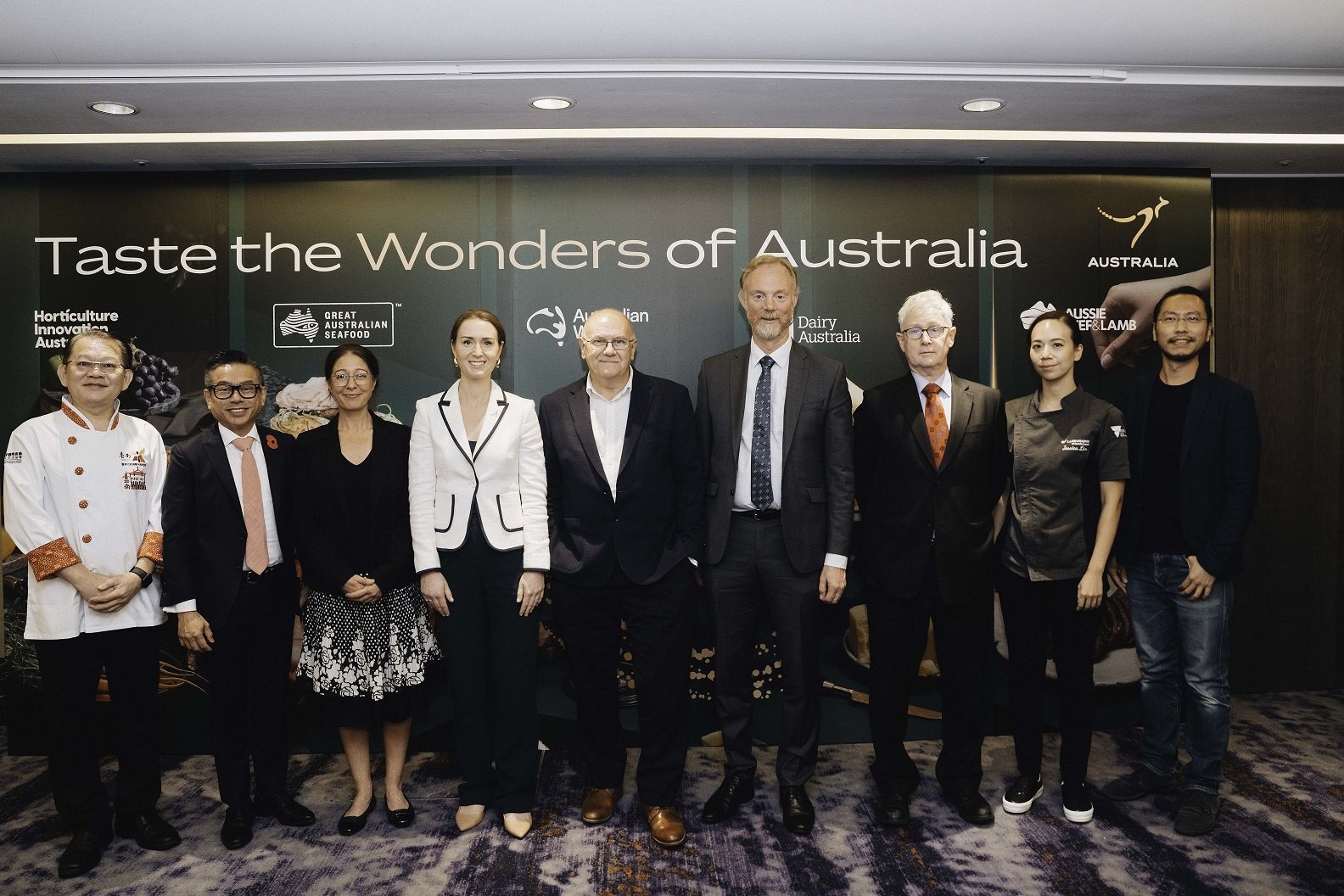Margaret River’s award-winning Cheeky Monkey Brewing has faced its second battle over an ABAC complaint in less than 12 months.
The Alcohol Beverages Advertising Code Scheme adjudication panel has upheld a complaint that the brewery’s packaging appeals to minors.
The complaint related to six Cheeky Monkey products, including the brewery’s mid, pale ale, West Coast IPA and lager can packaging.
The ruling follows ABAC upholding a complaint in June 2018 that Cheeky Monkey’s Ri-beer-na Berliner Weisse could be mistaken by children for the popular blackcurrant drink Ribena.
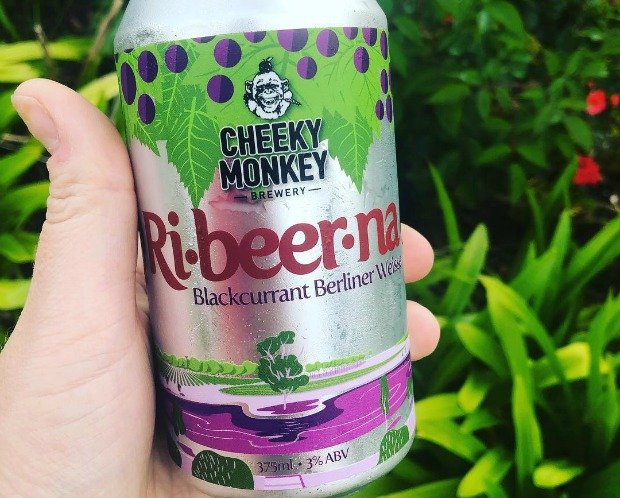
Cheeky Monkey was established in 2012, with a feature of the company’s branding being the use of brightly coloured packaging.
The latest ABAC complaint said that the images portrayed on the brewery’s mid, pale ale, West Coast IPA and lager can packaging were similar to children’s cartoon character ‘Curious George’, with the bright colours and graphics making the products look like a soft drink.
The anonymous complainant also expressed concerns that the promotion of the beers on the company’s website, Facebook and Instagram accounts could appeal to minors.
The ABAC Code states that alcohol marketing must not have a strong or evident appeal to minors.
The brewery responded that the monkey cartoons featured on the packaging were symbolic of the company’s ‘cheeky’ and ‘mischievous’ values. The packaging is part of a recent rebrand of the brewery’s range.
The ABAC panel found that two of the cans – IPA and Mid – breached guidelines. It found that the colours, star images and Cheeky Monkey branding could be appealing imagery for minors. The panel also said that the terms ‘IPA’ and ‘Mid’ were “not so widely recognised of themselves to clearly identify the products as alcoholic”.
In a written response to the ABAC complaint Cheeky Monkey said: “We accept the panel’s decision, however, I would like to mention that we feel the clause regarding ‘IPA’ and ‘Mid’ are not accurate”.
“IPA is the most popular craft beer style in Australia, as found in the attached survey a whopping 31% voted it as their favourite and 79% voted it as their most consumed,” the brewery continued.
“Which I think means it is very well known. ‘Mid’ is also found on many mass-produced beer brands such as Carlton Mid.”
The panel also found the company website and social media accounts did not employ age verification of restriction to exclude minors and found that the brewery had breached the guidelines by not using age restriction controls.
Cheeky Monkey explained that its website was under development at the time of the ABAC complaint.
The brewery co-operated with the complaints process despite not being a signatory and told Brews News it respected ABAC’s decision.
“Their role is an important one and as soon as we received the complaint we notified our trading partners,” managing director Brent Burton said.
“We respect their role and want to make that clear. It’s not ideal but it’s not catastrophic. We’re working with our trading partners and they have assured us they’d be working with us throughout the process.”
Cheeky Monkey will make small alterations to its packaging to ensure it complies with ABAC’s code and ruling, but not pulling the beers.
He suggested other craft brewers consider using ABAC’s pre-vetting service.
“ABAC is a great service,” Burton said. “So if you’ve got core range products [rather than a limited edition beer] and you’re planning on having them on the shelf for a long time then pre-vetting is a good idea. The service is seamless and communication was clear and reasonable.”
“The way a brewery communicates with its audience is being scrutinised and you’ve got to play within the rules.”
Cheeky Monkey won Best New World-Style Pale Ale at the 2019 Australian International Beer Awards (AIBAs) for its Pale Ale, Draught.
ABAC urges ad pre-vetting to protect minors
ABAC’s 2018 Annual Report revealed complaints about alcohol marketing were higher this year than over the past four years, with many related to appealing to minors.
The report highlighted that several marketers used social media influencers under the age of 25 in their online campaigns, including XXXX Summer Bright Lager, 5 Seeds Cider, Wilde Beer, Alby Beer and Furphy Beer.
ABAC has since updated its Digital Best Practice Guides and Guidance Notes to further educate marketers. The placement rules require marketers to utilise, where available, age restriction controls to exclude minors from the audience.
The rules also require that advertisers only place an ad where the audience is reasonably expected to comprise at least 75% adults. An ad must not be placed in programs or content primarily aimed at minors.
Professor The Hon Michael Lavarch, Chief Adjudicator, ABAC Adjudication Panel noted that the aim of the ABAC Placement Rules is to better direct alcohol marketing towards adult audiences and away from under 18 year olds.
“It endeavours to do this by applying differential requirements on the placement of alcohol ads depending on the capabilities of the media being used for the marketing,” he said. “This means the greater the capacity of the form of media to be directed towards adult audiences the higher the requirement on the alcohol company to use these capabilities to target the reach of their marketing.
“Digital media platforms offer the greatest opportunity to direct marketing towards particular market segments and it is this area in which the panel has experienced the largest challenges. Social media companies such as Facebook, Instagram, Snapchat and Twitter are global platforms and the scheme has had some difficulty obtaining timely and consistent advice from the platforms during 2018.”
Among the marketing posts that were found to appeal to minors in addition to Cheeky Monkey were:

Share the content
